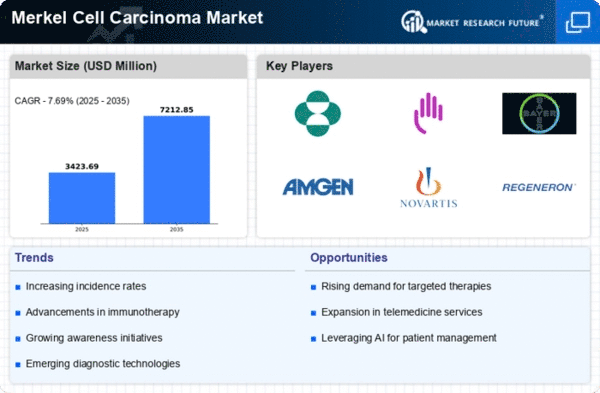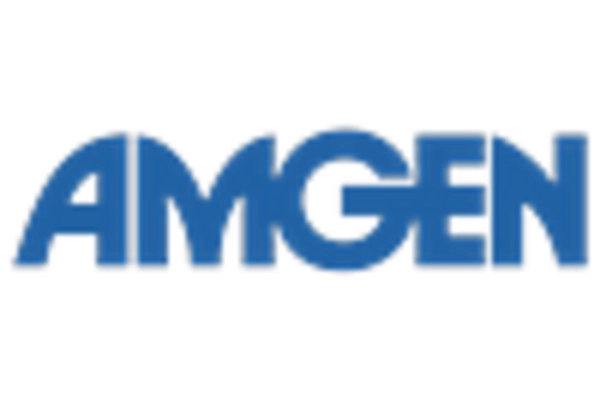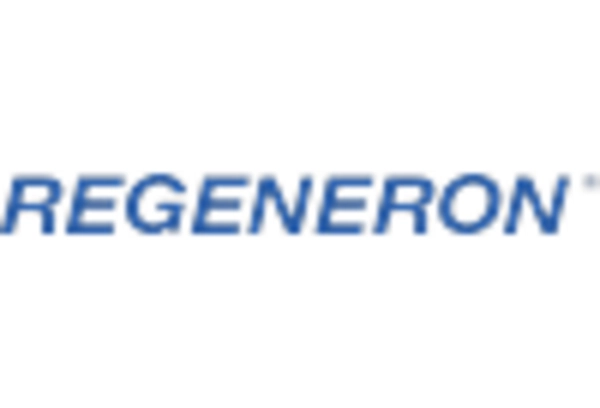Market Trends
Key Emerging Trends in the Merkel Cell Carcinoma Market
The Merkel Cell Carcinoma(MCC) treatment market is experiencing rapid shifts in the dynamics because of the progress made in medical research, innovative therapies and better understanding of this uncommon and aggressive skin malignancy. Due to its fast progression and limited treatment options, Merkel Cell Carcinoma is a significant challenge that has been linked with Merkel Cell Polyomavirus. However, we have seen an increase in research activities over the recent years that have led to some promising strides in MCC treatment.
One major trend in the Merkel Cell Carcinoma treatment market is the growing attention being given to immunotherapy. Use of immunotherapeutic approaches such as immune checkpoint inhibitors have exhibited remarkable clinical outcomes among patients with MCC. The approval of drugs like pembrolizumab and avelumab signals a new era for treating this cancer type. By boosting our body’s natural defence against cancer cells, these immuno-oncology drugs offer hope to patients who previously had limited options.
Another interesting trend focuses on combination therapies. Researchers are making efforts to explore whether combining different modes of therapy could lead to better results for patients diagnosed with MCC. Some researchers are combining immunotherapy with traditional treatments such as surgery or radiations so as to maximize synergies between them. Such undertakings look forward to improve the overall therapeutic effect by addressing the intricacy associated with an aggressive nature of Merkel cell carcinoma.
Precision medicine is one key driver shaping MCC treatment market trends today. Personalized modalities are now being crafted due to better understanding about genetic and molecular characteristics related to MCC tumors. Biomarker driven therapies are under investigation aimed at identifying specific gene mutations or protein expressions that can be targeted through precision drug use. This strategy offers hope for improved treatment efficacy while minimizing side effects hence fostering more patient centered care approach towards addressing MCC disease burden.
New diagnostic technologies also affect the direction that the MCC treatment market takes. High level imaging techniques along with molecular diagnostics play important roles in early detection and accurate diagnosis of Merkel Cell Carcinoma. Better treatment outcomes are achieved through early intervention, and the integration of state-of-the-art diagnostic tools has enabled clinicians to identify MCC at earlier stages when treatment options may be more applicable.
MCC research and development are supported by academia, industry, as well as regulatory bodies operating collaboratively. Initiatives to simplify clinical trial processes and fast-track approval of novel treatments are speeding up innovation rates in the Merkel Cell Carcinoma market for therapeutics. Grater collaboration results in transfer of knowledge, pooling resources, and exchange of skills which helps to strengthen a robust and efficient development pipeline for MCC therapies.


















Leave a Comment